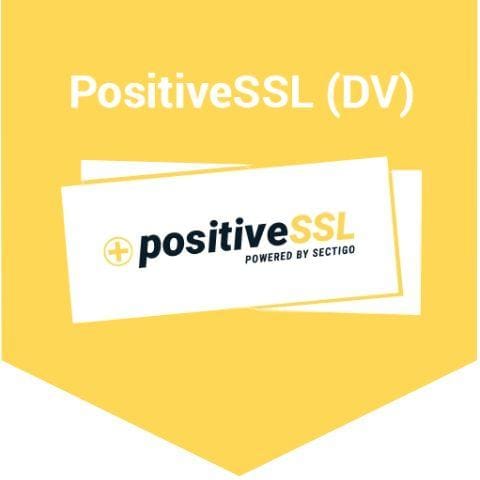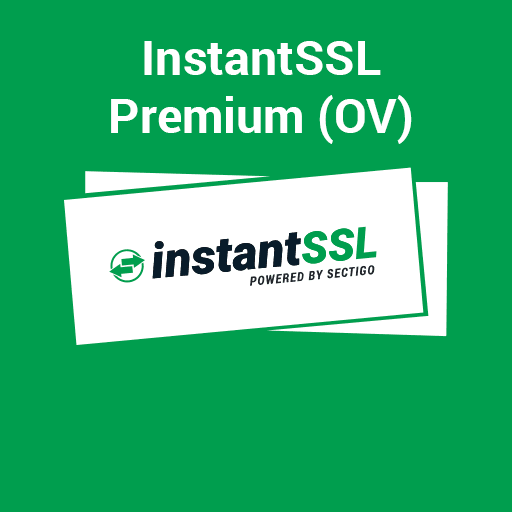In today’s digital age, where online transactions have become the norm, ensuring the security and trustworthiness of ecommerce websites is of paramount importance. One crucial aspect of website security is the implementation of SSL (Secure Sockets Layer) certificates. Among the different types of SSL certificates available, extended validation (EV) SSL holds a special significance for ecommerce websites. In this article, we will explore what extended validation SSL is and why it is essential for ecommerce websites.
Extended validation SSL is a type of digital certificate that provides the highest level of authentication and security for websites. It offers a rigorous verification process, where the issuing certificate authority (CA) thoroughly examines the identity of the organization behind the website. This validation process includes verifying the legal existence of the organization, conducting checks on the domain ownership, and confirming the applicant’s authorization to request an EV SSL certificate.
Now, you might wonder why extended validation SSL is specifically crucial for ecommerce websites. Here are five reasons that highlight its importance:
- Trust and Confidence: EV SSL certificates provide the highest level of trust and confidence to visitors. When a user visits an ecommerce website secured with an EV SSL certificate, the browser’s address bar prominently displays the organization’s name, turning it green in most browsers. This visual indicator reassures customers that they are on a legitimate and secure website, significantly boosting their trust and confidence in making online purchases.
- Protection against Phishing Attacks: Phishing attacks are a significant concern for ecommerce websites. Cybercriminals often create fraudulent websites that resemble legitimate ecommerce platforms to deceive unsuspecting users into disclosing their sensitive information. EV SSL certificates help combat phishing attacks by clearly differentiating legitimate websites from fake ones. The stringent validation process involved in obtaining an EV SSL certificate makes it highly unlikely for phishing websites to acquire one.
- Enhanced Conversion Rates: Trust is a crucial factor in driving conversions for ecommerce websites. When visitors trust a website, they are more likely to complete their purchases and share their credit card information. The visual cues provided by EV SSL certificates, such as the green address bar and the organization’s name, significantly enhance customer trust. This increased trust, in turn, leads to higher conversion rates, ultimately benefiting the ecommerce business.
- Protection of Sensitive Data: Ecommerce websites deal with sensitive customer information, including personal details and financial data. Extended validation SSL ensures that this data is transmitted securely between the website and the user’s browser. By encrypting the data and establishing a secure connection, EV SSL certificates safeguard sensitive information from interception by unauthorized individuals.
- Compliance with Industry Standards: Many regulatory bodies and industry standards require ecommerce websites to implement SSL certificates. Extended validation SSL is often a recommended choice for meeting these requirements. By deploying EV SSL, ecommerce businesses demonstrate their commitment to security and compliance, thereby avoiding penalties and maintaining a positive reputation.
In conclusion, extended validation SSL plays a vital role in securing ecommerce websites. It provides a high level of trust and confidence to customers, protects against phishing attacks, boosts conversion rates, safeguards sensitive data, and ensures compliance with industry standards. Implementing an EV SSL certificate should be a priority for any ecommerce business aiming to establish a secure online presence and build customer trust.
Related Products
- Comodo
PositiveSSL Certificate (DV)
₹1,450.00/year Select options This product has multiple variants. The options may be chosen on the product page


